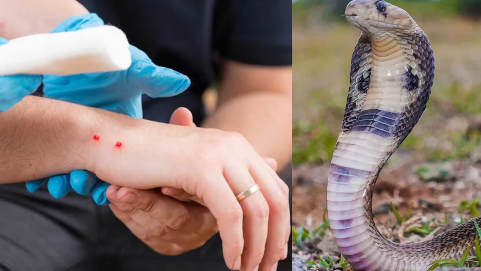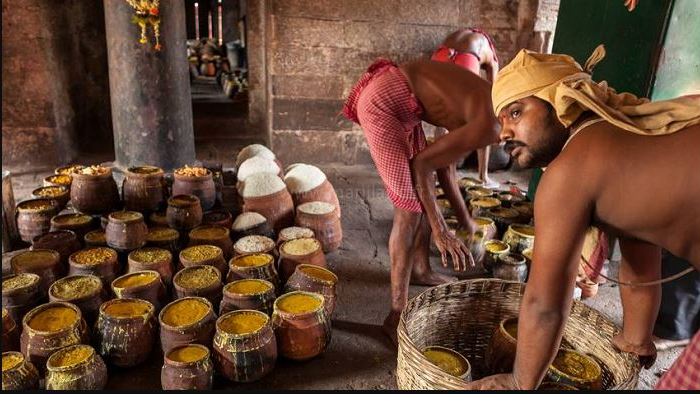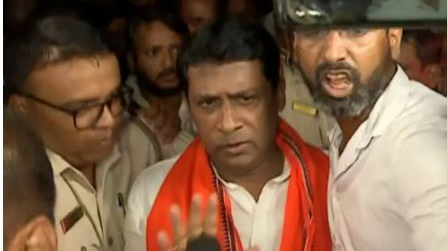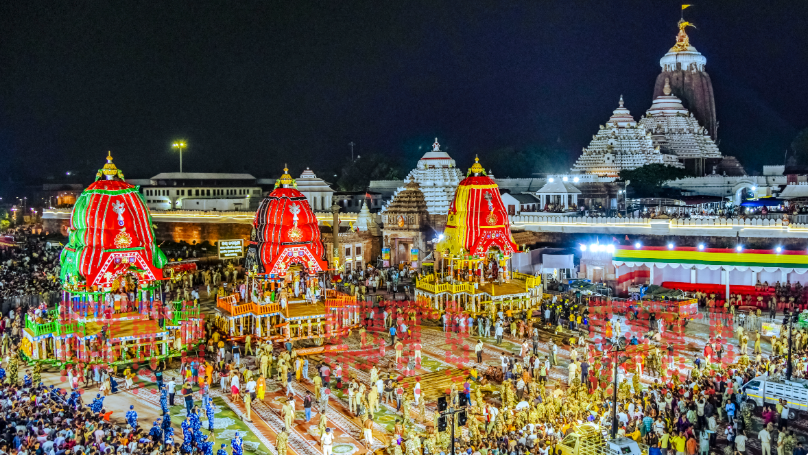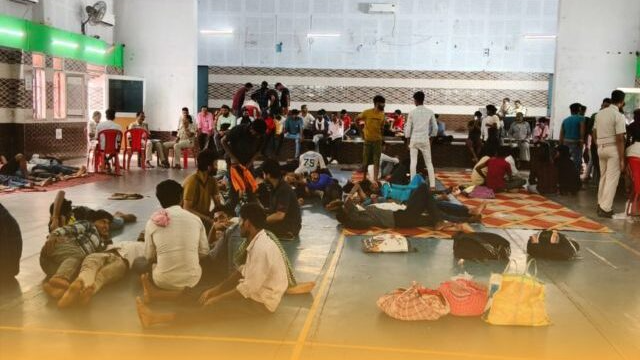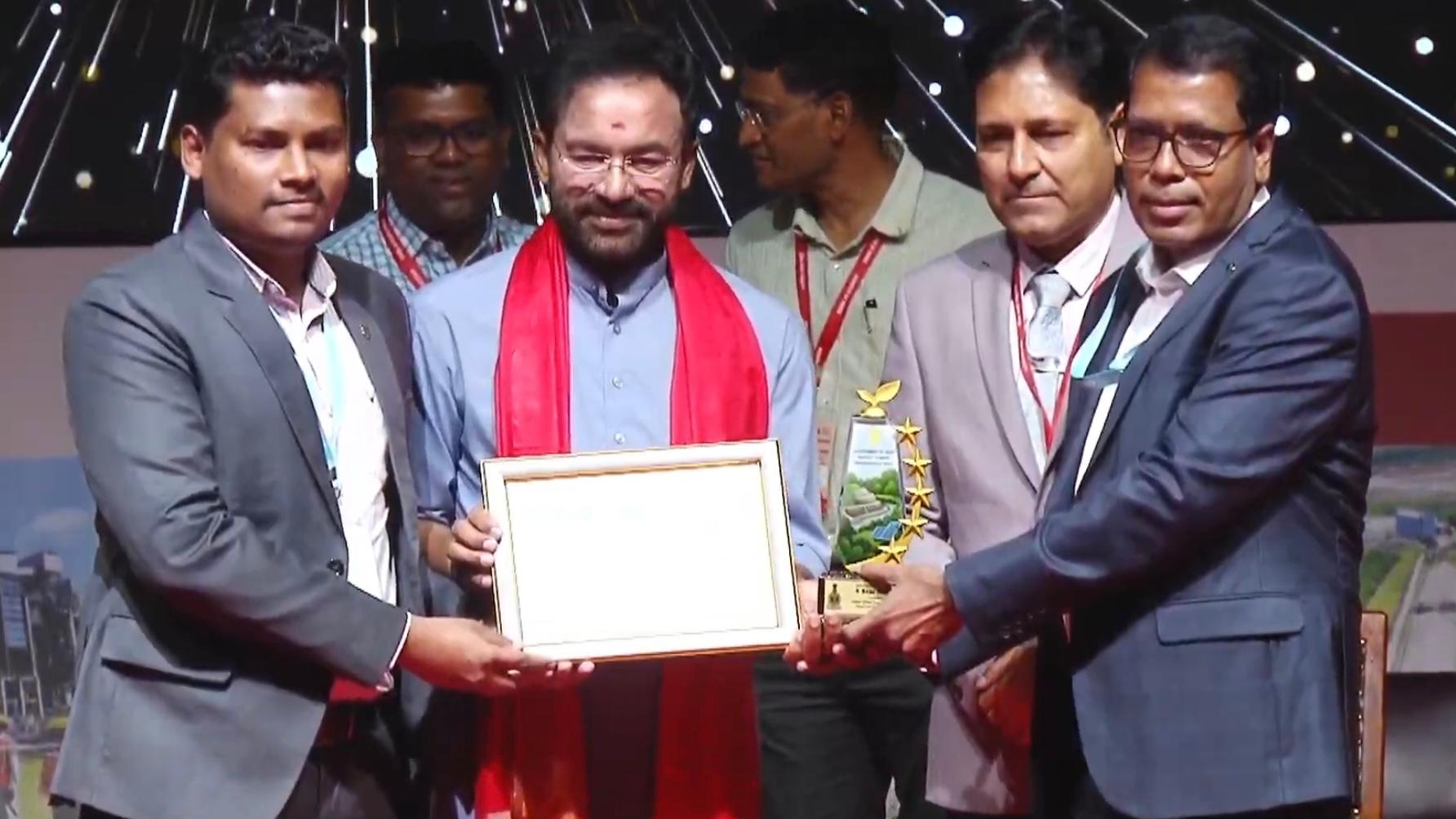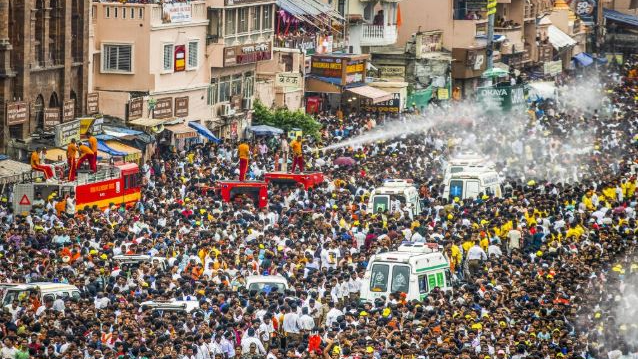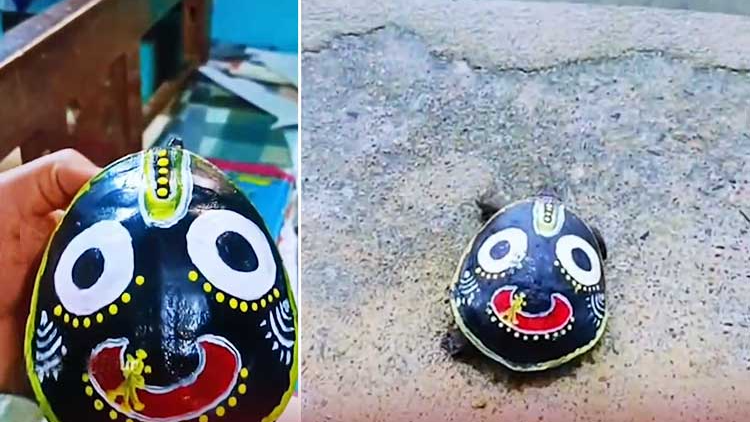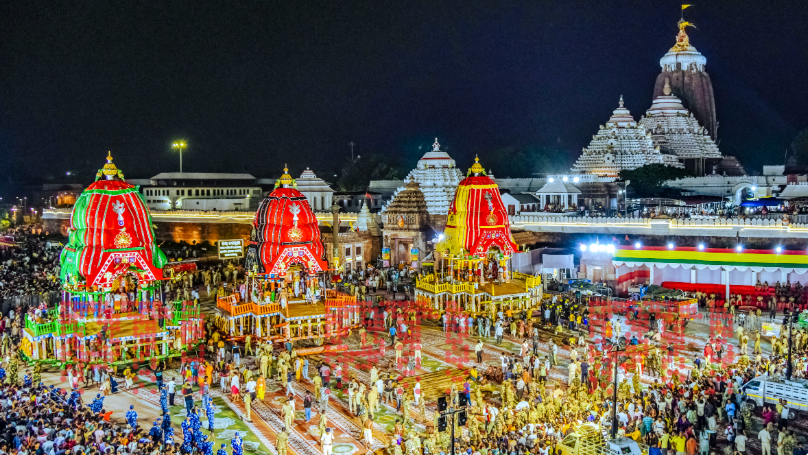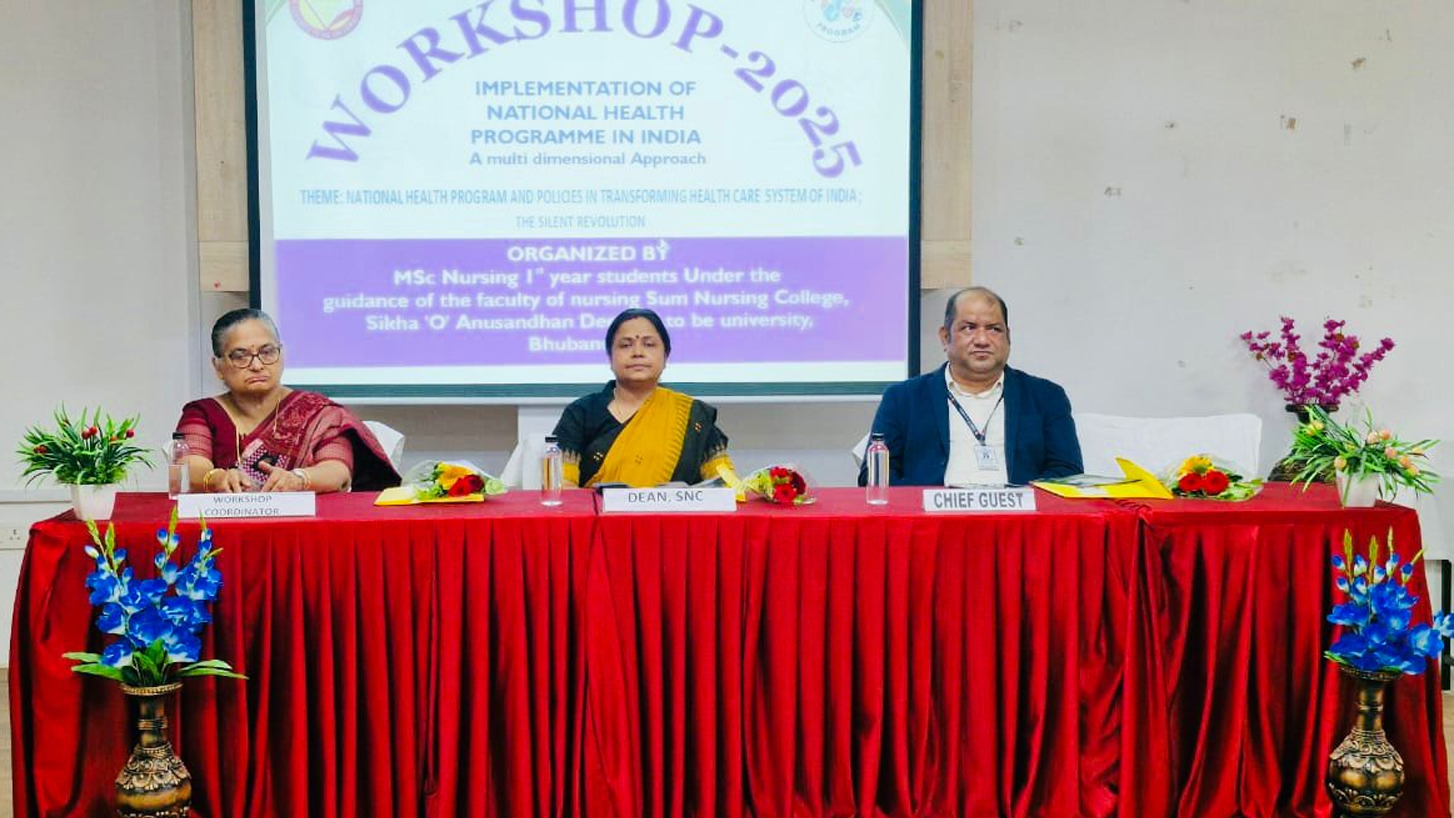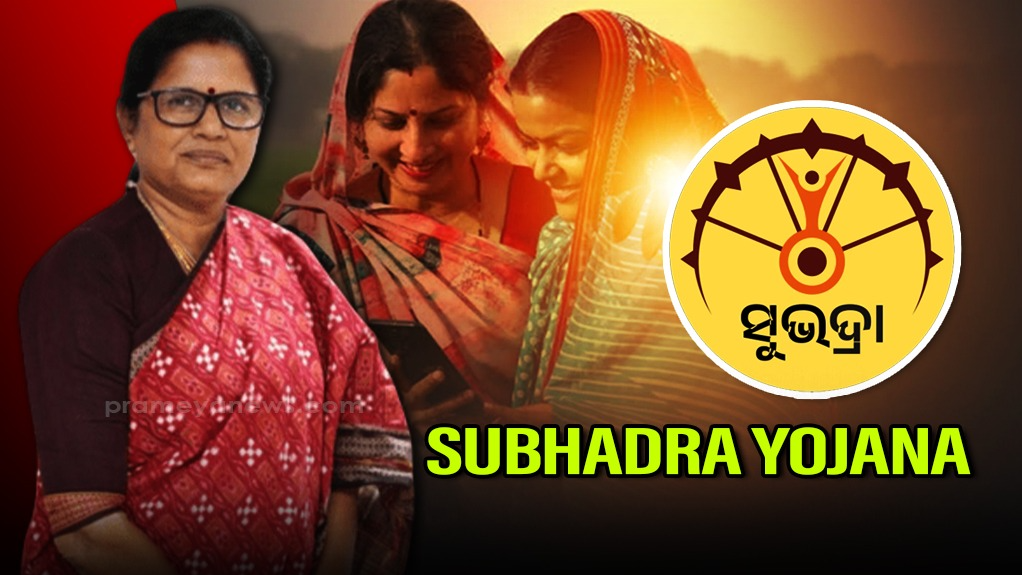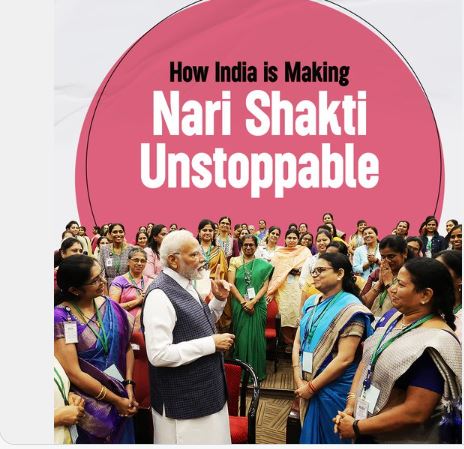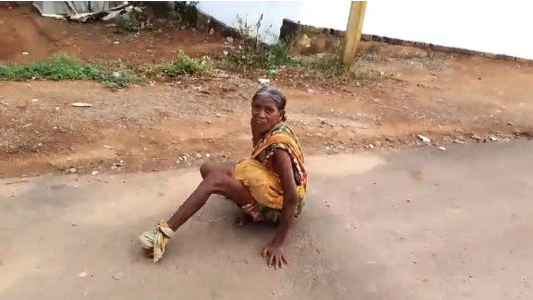Traditional Jodi-Mahuri music fading into oblivion, thanks to modern western equipments
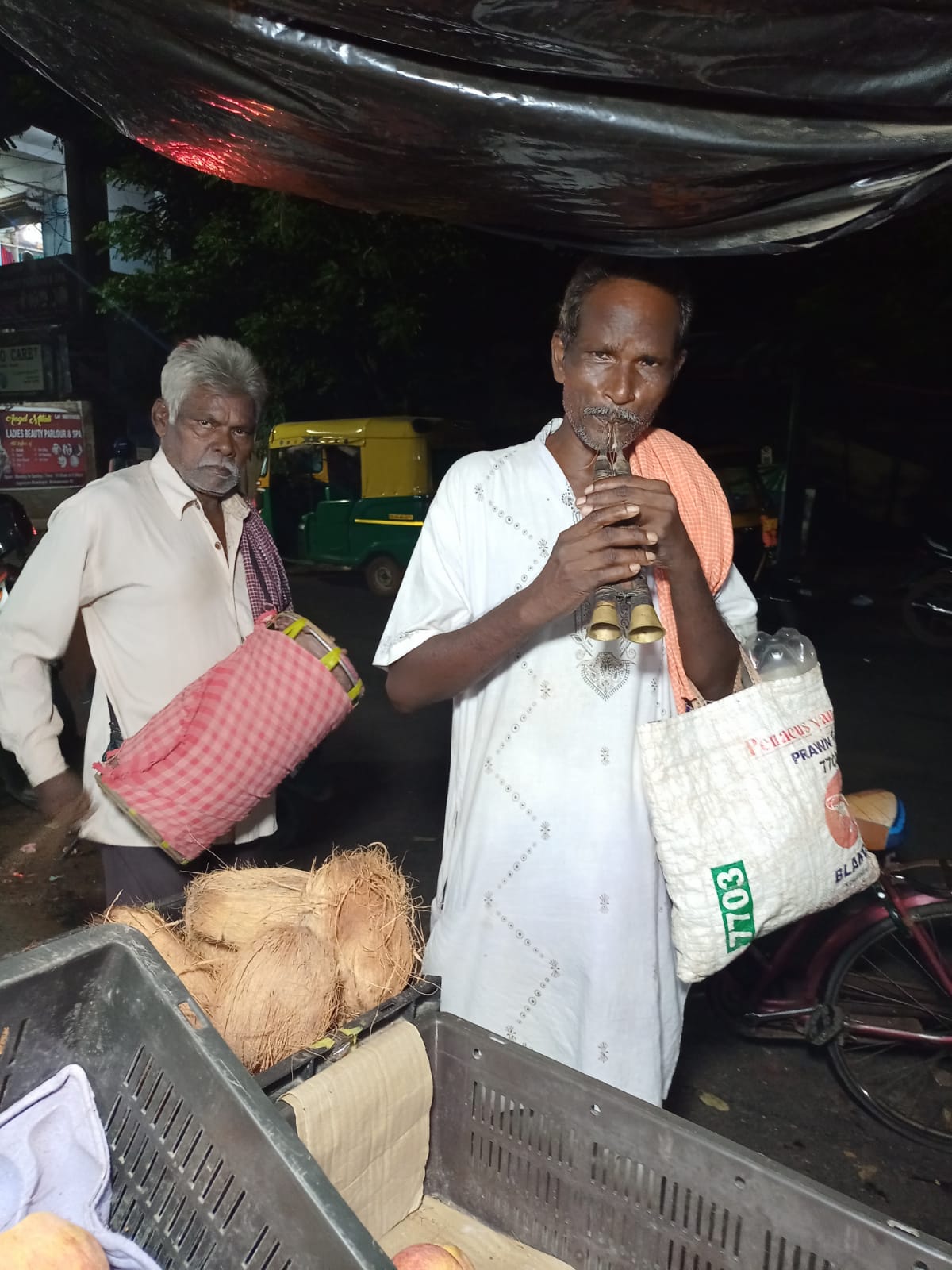
Prashant Kumar Dash Come Dussehra, or any other social function, the lilting musical tune of Jodi Mahuri, greets you. But nowadays it is missing. Traditional Jodi-Mahuri, which was being played in almost each and every holy festival across Odisha, is now going extinct, thanks to the influence of modernity. The dominance of modern musical instruments and rock music culture have posed threats to the traditional percussions, which were used to charm people of any age with their sweet winding tones, played during puja, marriage ceremonies, community festivals and other holy occasions. Jodi-Mahuri is a country-made musical instrument mostly prevalent in the nuke and corner of Odisha from the ancient days. Mahuri is a traditional wind instrument considered an auspicious instrument called 'Mangala Badya' from ancient times. It is often found in folk theatres like Rama Lila, Danda festival, Geeti-Natya(dance dramas),Sahi Akhada, Nataka and dances like Chhau, Ghoda nacha, Dalkhai dance, martial art and procession of Sahi Jata(village festival). {"id":216723,"width":836,"height":614,"sizeSlug":"full","linkDestination":"none"} The Jodi-Mahuri is used to be an essential part of every social function including a birthday, an engagement ceremony of a bride, a village fair, community festival, worship of village deities or mass religious functions like Dussehra and Laxmi Puja. The Jodi-Mahuri has been accepted as an opening concert of all pujas where two persons play mahuri (country-made blowing musical instrument) accompanied by a Dhola (Dhol). The Jugal-Bandi music is played by the Jodi-Mahuri players on the onset of Dola Jatra,Dussehra and Purnimas with a mesmerizing impact on the audience, accompanied by women folks Hulahuli and Sankhanada(blowing of crunch). {"id":216949,"width":837,"height":628,"sizeSlug":"full","linkDestination":"none"} Players of this traditional music make Mahuries with pieces of hollow-cylindrical bamboos and the thickest portions of bird’s quill as its reed. The Jodi-Mahuri which was once upon a time very common in every Odia festival across the state is now losing its importance after the advent of the modern forms of music and musical instruments. The band and the Jazz culture have stolen its importance, pushing the ancient music into a forceful extinction. The multi-percussion instruments like pads and Octapads and soft-designed Surpeti(music box) are the main enemies of the Jodi-Mahuri. Lack of fiscal patronage and lack of confidence to adopt it as a way of living, is gradually making the traditional practice extinct At the same time, the modern musicians are getting ample employment opportunities. A number of western musical instruments are reigning over the typically Odissi music and musicals, on stages and even in the village festivals. {"id":216724,"width":834,"height":1112,"sizeSlug":"large","linkDestination":"none"} Gone are the days when hundreds of dhols and mahuris were available in a human habitat. However, a few elderly persons have kept up their traditions, only to cater to the needs of some conservative families. Prameya News 7 had come across with a veteran mahuri player in the capital city who was playing the wind instrument ahead of the puja season. Accompanied by a dhol player, he was playing the age-old music in the Khandagiri market begging bakshish for Dussehra. The mahuri player said, "It's too difficult to earn two square meals a day from his hereditary profession. The Jodi-Mohuri show on Dusshera and Mangalakrutya in the nuptial ceremonies are now forgotten chapters". "Parents of the brides and grooms prefer Singha baja(horn fitted dhols),brass band and Punjabi Bhangra drums with trumpets and clarionets instead of Jodi-Mahuri and dhol", he lamented. {"id":216951,"width":841,"height":473,"sizeSlug":"full","linkDestination":"none"} Besides, the primary raw material, balangi bamboo(a type of hollow bamboo)specially used in making flutes and mahuri are very scarce in nature. " It’s too costly to import from Jharkhand and Chhattisgarh, which is impossible on our part. Similarly, the sticks of a peacock’s feather which make the mahuri reeds are dearer due to the restrictions of the wildlife officials.", he said. “But the sounds of Jodi-Mahuri will live till we live”, said the old man. Sociologist Dr. Ranjit Mohanty said, "The sincere intervention of the Odia Language and Culture department is essential to preserve the ancient Jodi-Mahuri culture. We should ensure that it will not be a thing of the past and one discovers a mahuri in the state cultural museum in the future".....
Latest News

PM Modi in Namibia: Bilateral Talks and Parlia...

The GI Tag trail: Odisha’s untapped treasures

“I Just Coloured My Beard”—Kohli Breaks Silenc...
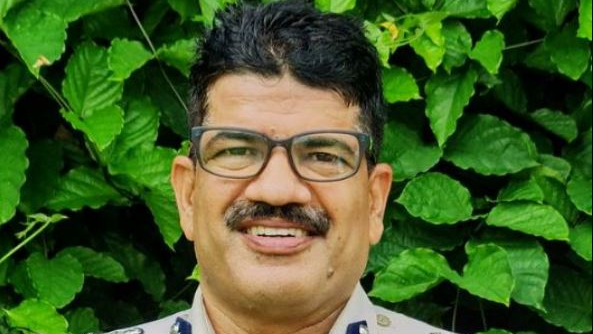
Odisha govt effects major IPS reshuffle, Sanje...
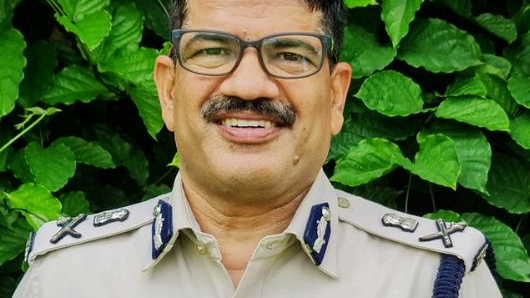
Odisha: IPS Sanjeeb Panda appointed as ADG, An...

‘Don’t Follow Godse’—Stalin Urges Tamil Nadu S...

Google Launches AI Mode in Search Across India...
Copyright © 2024 - Summa Real Media Private Limited. All Rights Reserved.










